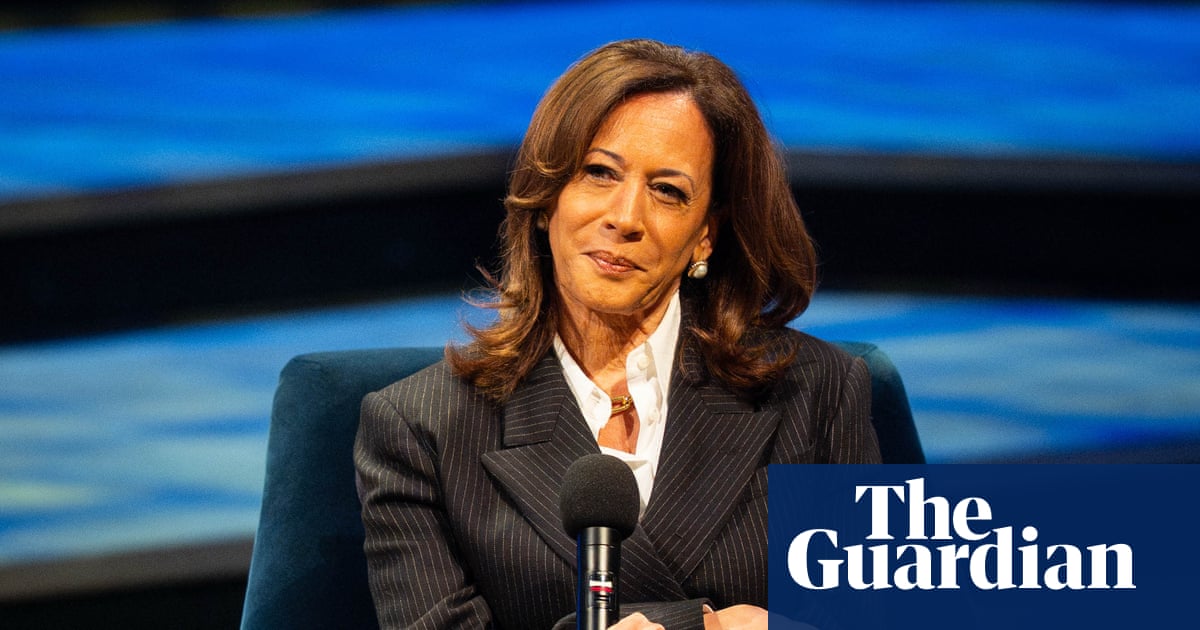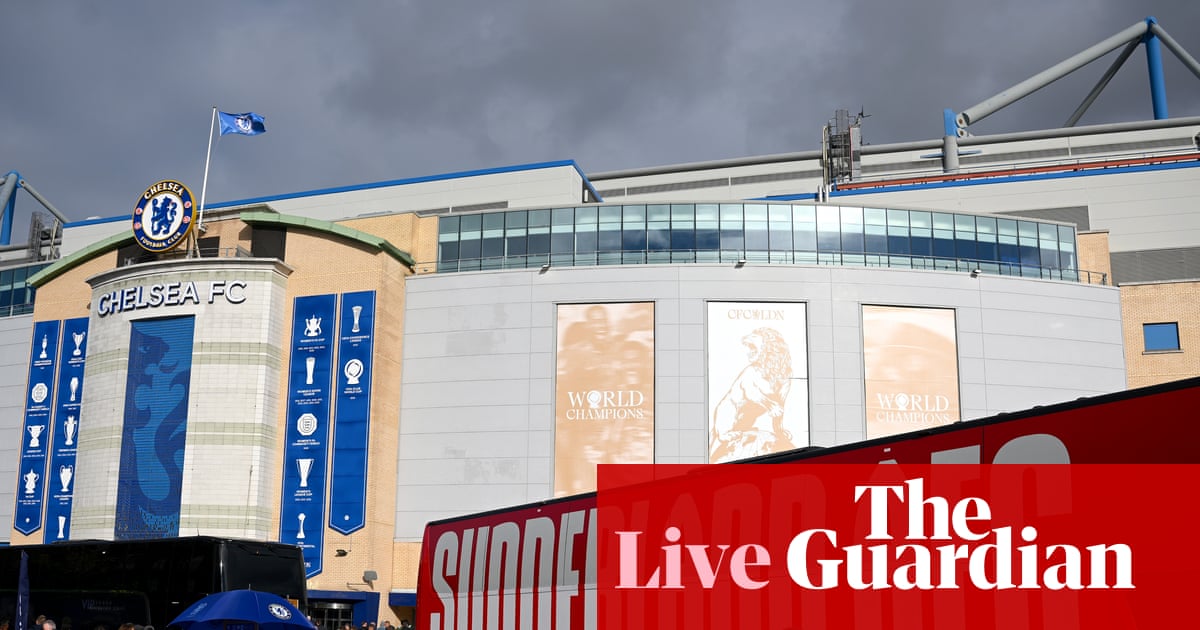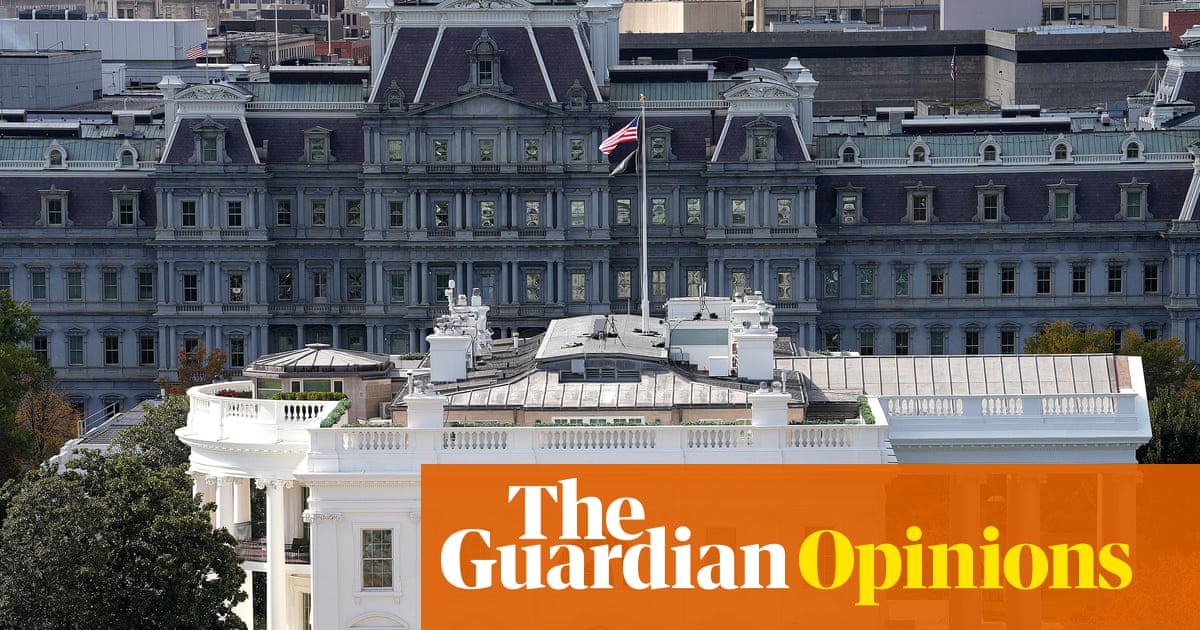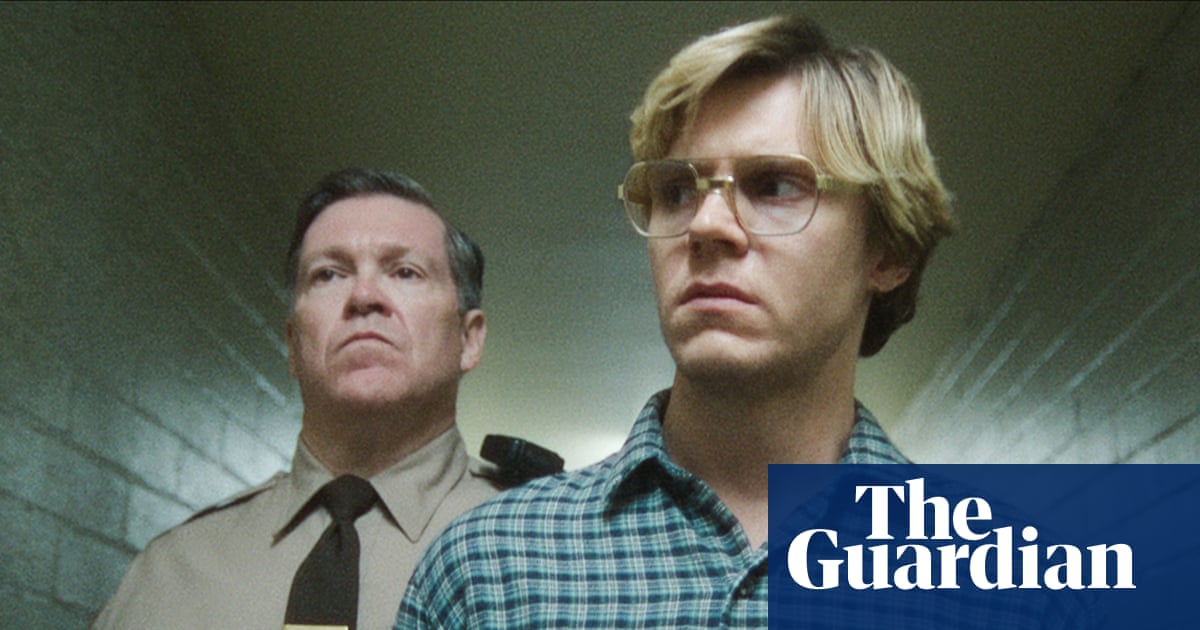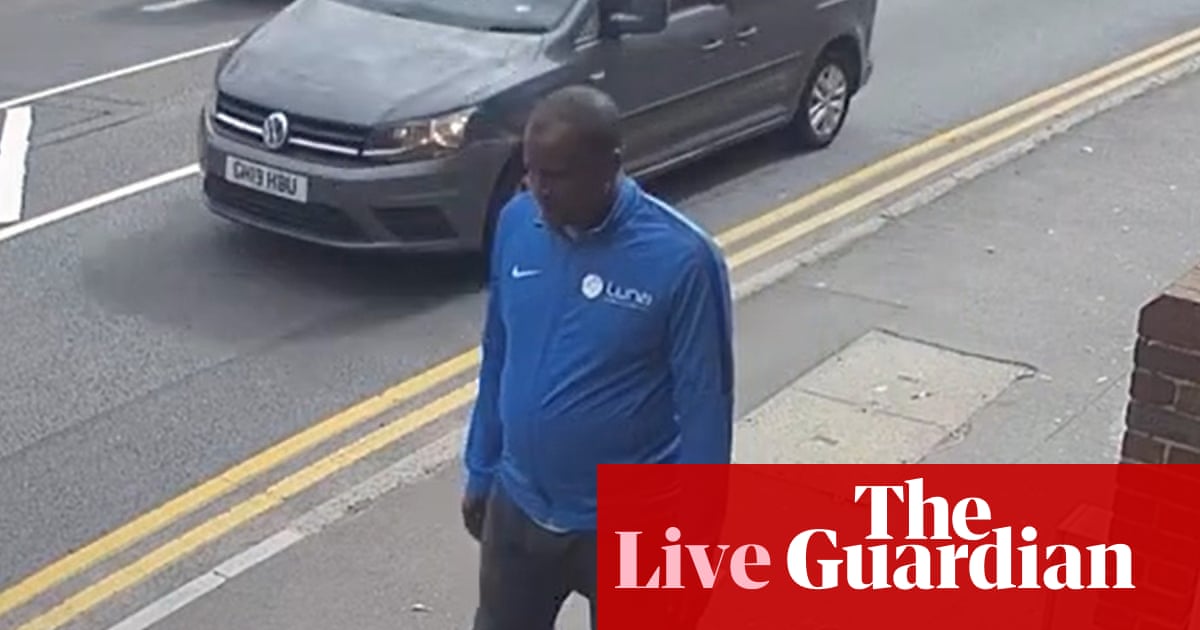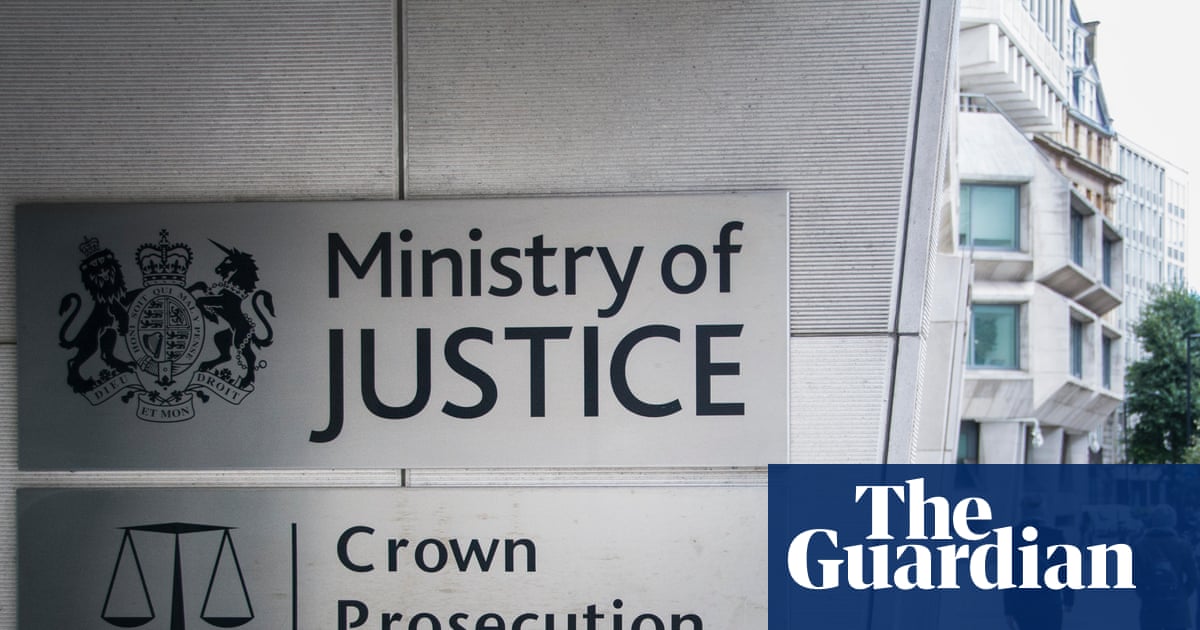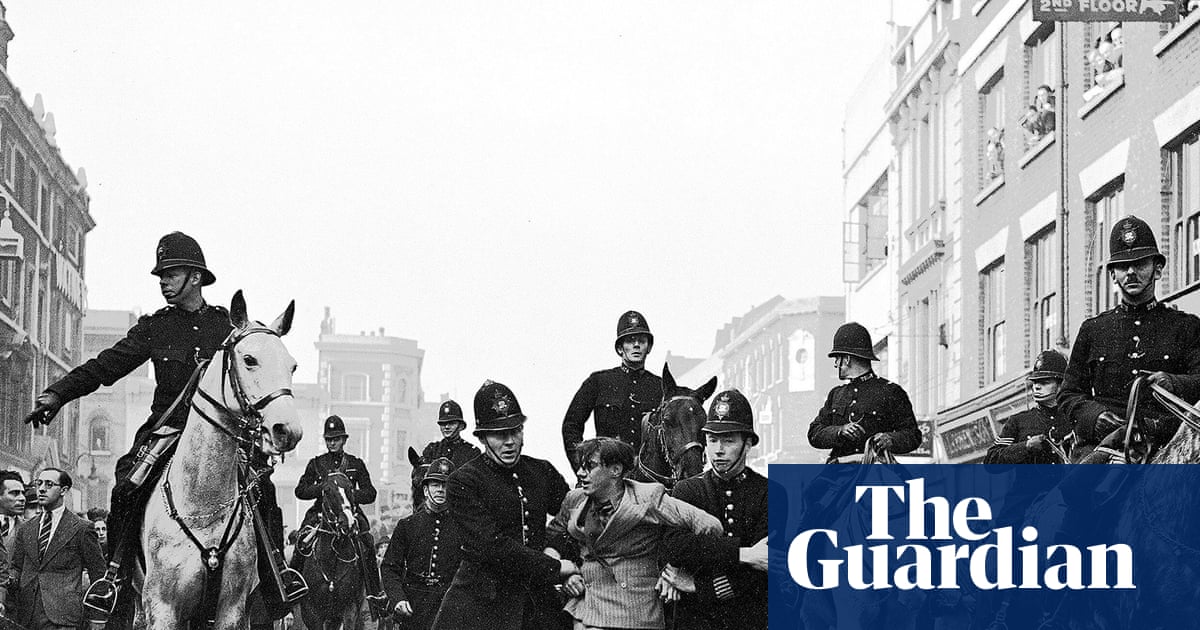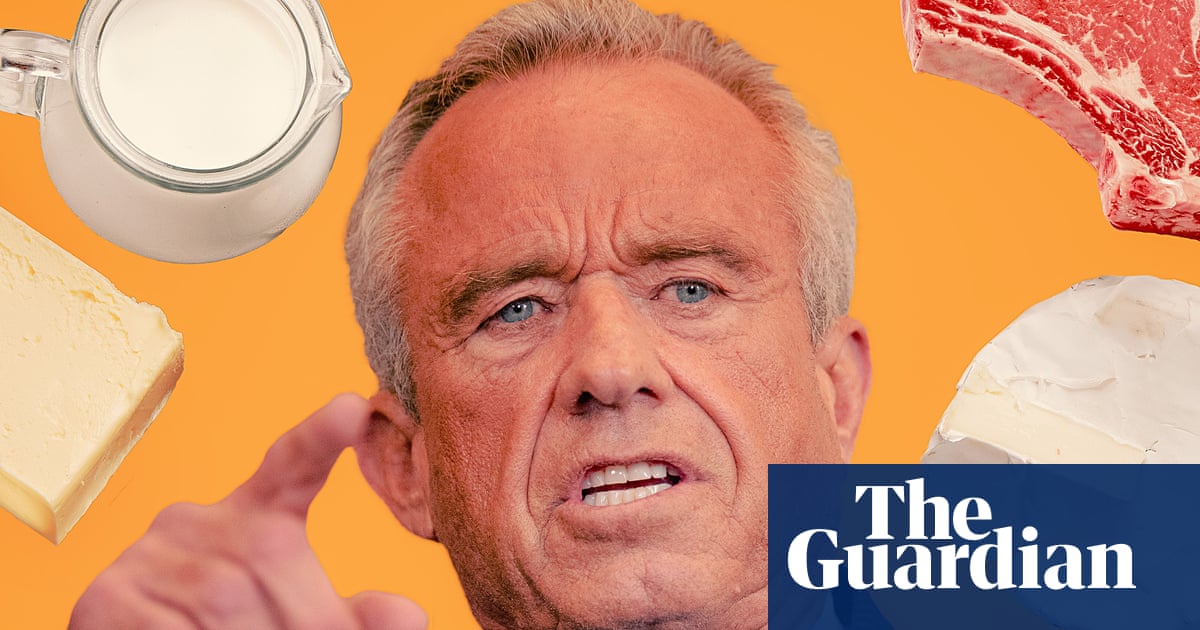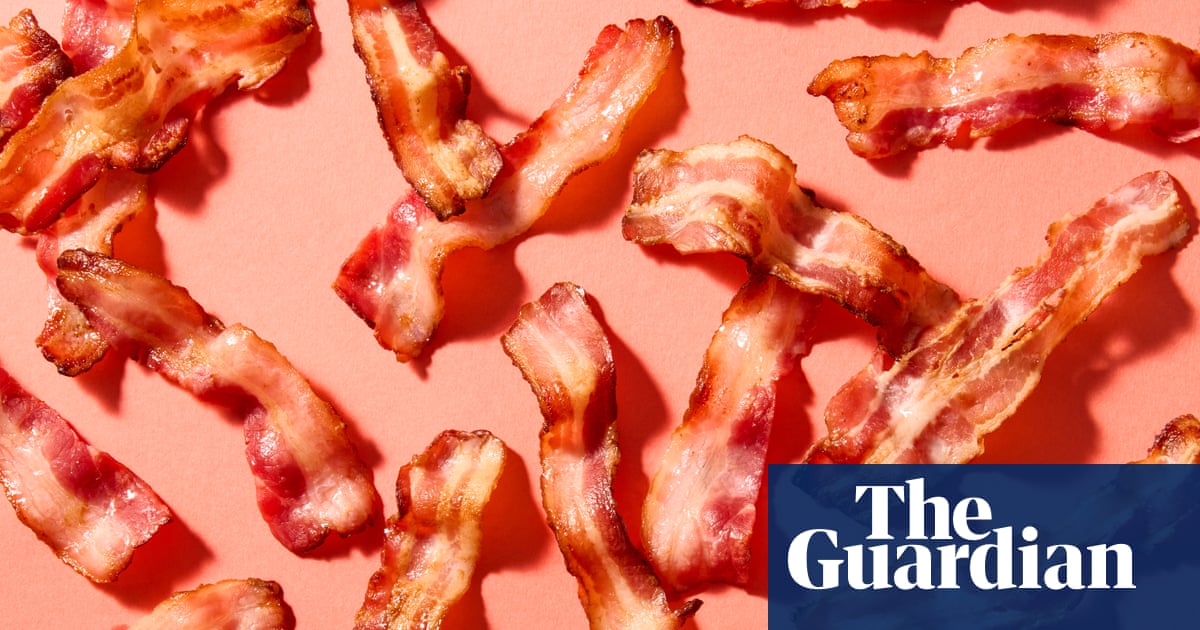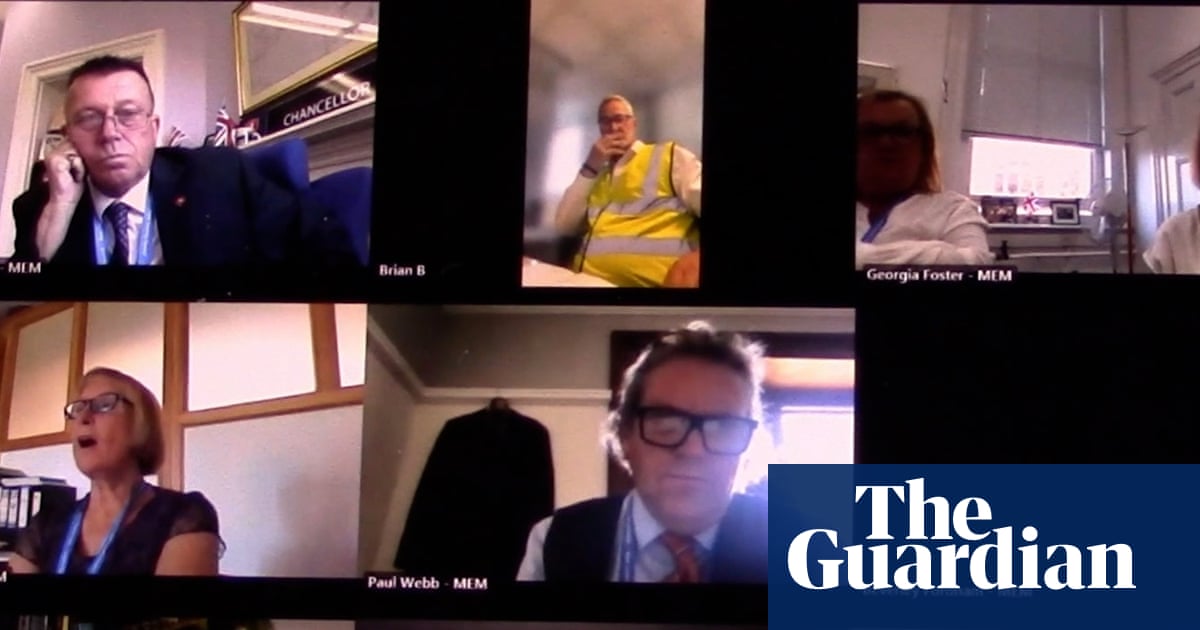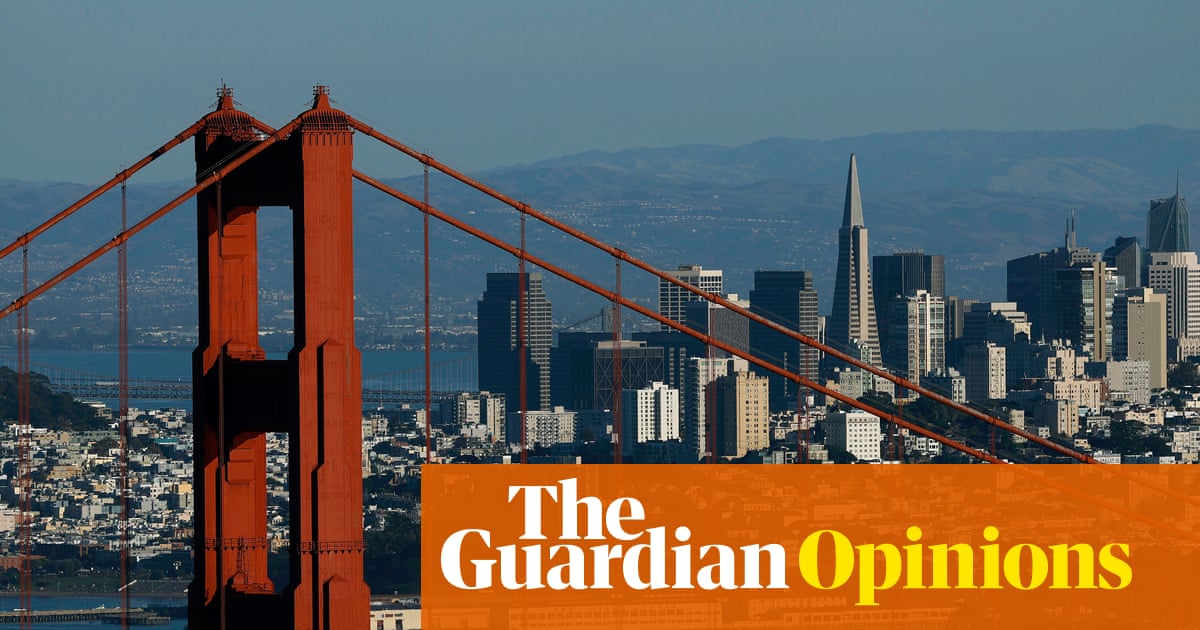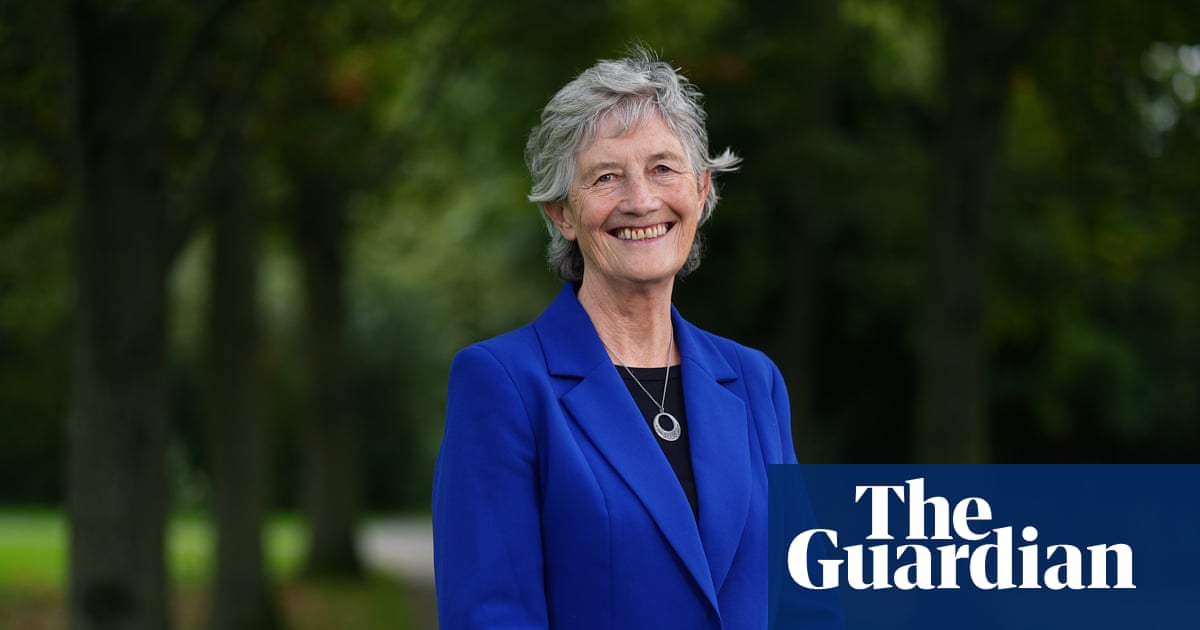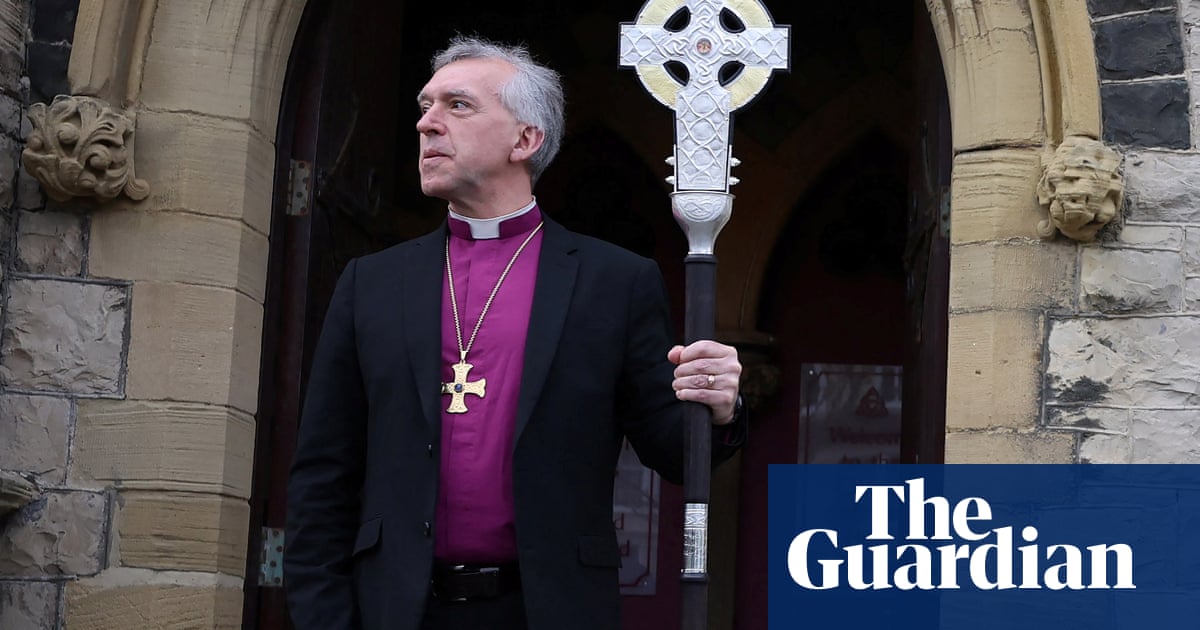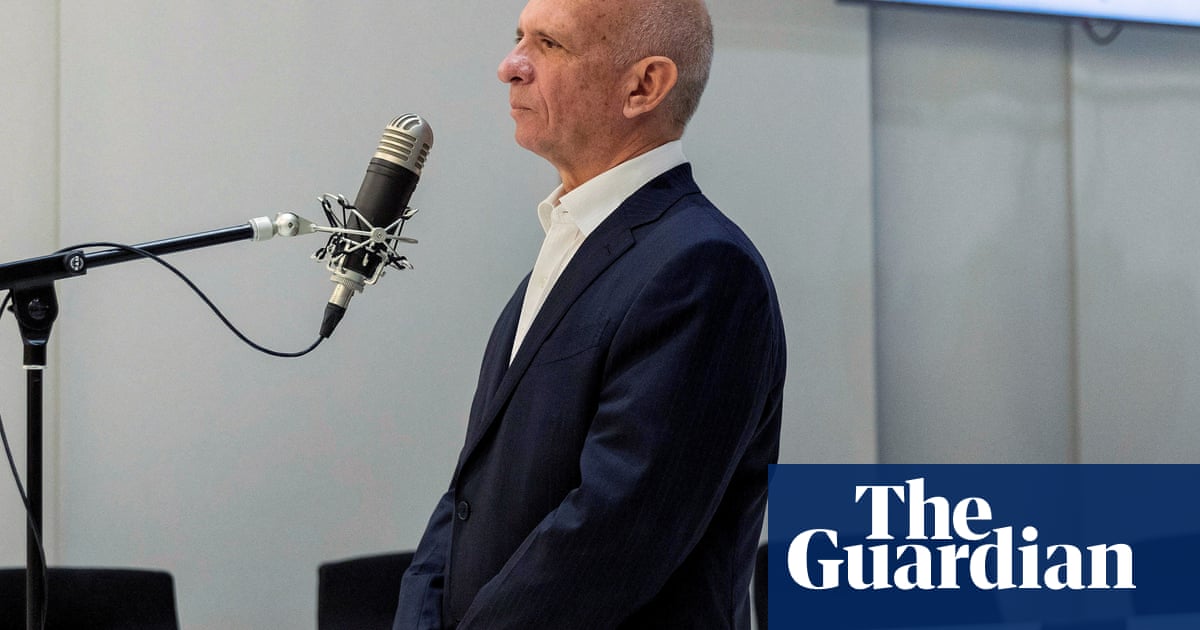The influential Labour thinktank the Fabian Society is urging Rachel Reeves to raise £12bn in next month’s budget by extending the freeze on income tax thresholds for another two years.
Joe Dromey, the Fabians’ general secretary, argues in a new report that the move is the “best available option” for the chancellor as she seeks to offset the impact of weaker economic forecasts in her 26 November statement.
Reeves is expected to have to find £10bn to £30bn in annual tax increases or spending cuts to remain on track to meet her fiscal rules, after the Office for Budget Responsibility (OBR) downgraded its projections for growth.
Dromey describes extending the threshold freeze as “an effective and progressive way to raise over half the funding that she needs, with most coming from wealthier households, and with relatively little political risk”.
Starting in 2022 as the UK recovered from the costs of the Covid pandemic, Rishi Sunak froze the thresholds at which workers move into a higher income tax band instead of increasing them each year in line with inflation.
Jeremy Hunt as chancellor extended that pause but it is set to end in 2027/28. Over that time, the OBR estimates that the freeze will have brought in an additional £45bn a year.
Extending it could be controversial as the number of people paying the 40% higher rate of income tax, which currently kicks in at £50,271, is already set to expand significantly.
Dromey acknowledges the downsides of the policy, including the fact opposition parties are likely to highlight Reeves’s argument in last year’s budget that maintaining the freeze would “hurt working people [and] take more money out of their payslips”.
But he argues it would be the progressive policy choice. “The chancellor recently said she wanted to ensure that those with the ‘broadest shoulders pay their fair share of tax’. Our modelling suggests that half (49%) of the revenue raised would come from the highest-earning fifth of households. Conversely, the poorest fifth of households would bear just 4% of the cost,” he writes.
“With our public services in dire need of investment, and our public finances under great pressure, there are few good options. Continuing the freeze in income tax thresholds for a further two years is surely one of the better ones,” Dromey adds.
The call to extend the threshold freeze is one of a range of options set out in the Fabian pamphlet, Taxing Questions, none of which would require Reeves to break her manifesto pledge by raising income tax rates – a drastic move that is now under consideration in government.
In a foreword to the report, the Treasury select committee chair, Meg Hillier, warns the chancellor against relying on untested new taxes to raise the revenues she needs.
“Ideas such as a wealth tax, changes to property tax and even business rate reform are not easy or quick to deliver and not proven to work,” she says.
Elsewhere in the report, however, her fellow select committee chair and Labour MP Liam Byrne, who leads the business and trade committee, advocates taxing wealth – including property – more heavily to tackle inequality.
He calls for several reforms to that end, including a shake-up of inheritance tax so that taxes are levied based on how much someone receives over their lifetime rather than the size of the estate. Byrne also proposes replacing council tax and stamp duty with an annual charge based on property values and levying a windfall tax on the banks.
He said: “We will not defeat populism without higher levies on wealth. We will not rebuild Britain without restoring fairness to Britain’s taxes. And we will not restore faith in politics until people see that the rules of the game apply to everyone, from the factory floor to the boardroom and beyond.”

.png) 3 hours ago
2
3 hours ago
2

